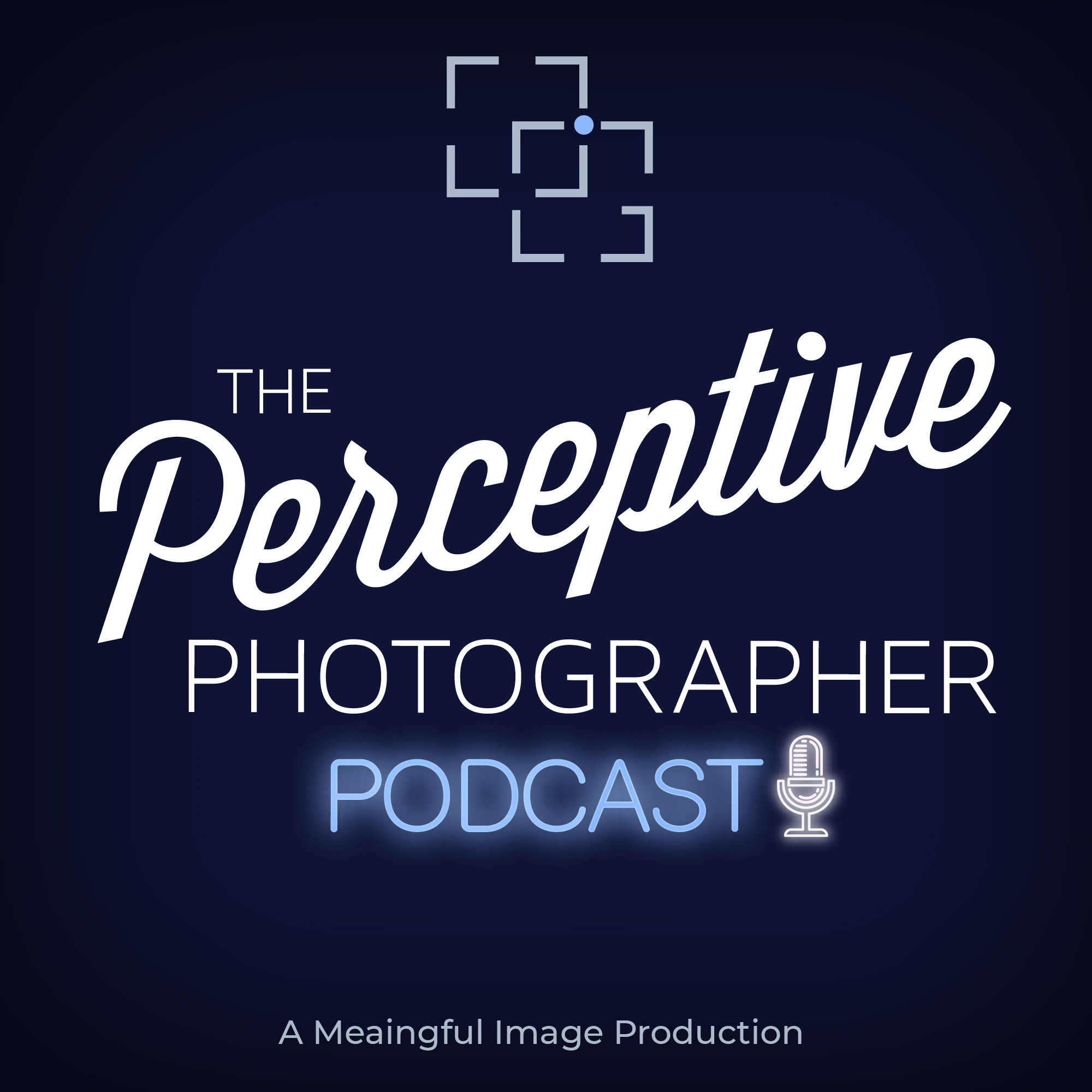One of the biggest teaching aspects of digital photography is the importance of the non-destructive workflow. The idea behind the non-destructive workflow is that we are editing our images to give the maximum flexibility and recoverability of the data when we are working with our files. This non-destructive process ensures that we can always return to the source and start again.
Post Production
In post production, this non-destructive workflow involves using a RAW editor like Adobe Lightroom, Capture One or other similar type program. The way that these programs work allow us to maintain the integrity of the RAW file by applying a set of instructions to the file that are only “baked” into the file when it is exported into a new format or printed. In Photoshop, our non-destructive workflow means the use of layers, Smart Objects, and Smart Filters. By not editing directly on the image, we can create images with that flexibility intact.
Outside Post Production
As I was thinking about that non-destructive workflows, it occurred to me that much of what we do in our photography outside the computer can be just as destructive. When we think about preparing and packing for a trip or planning a shoot, there are a lot of little details that we can ignore that can cause us to be off our game and miss some important shots.
I also spent time thinking about the impact of what we tell ourselves behind the camera. Our frustration at not being good enough, talented enough or whatever other story you might feel like putting up as a roadblock. As I thought more and more about it, I realized that the non-destructive workflow is more than just saving a pixel or two. The workflow starts long before we ever pick up the camera.
Don’t forget to check out my 2017 Workshops including the Perceptive Photographer Workshop focused on the intersection side of photography.

